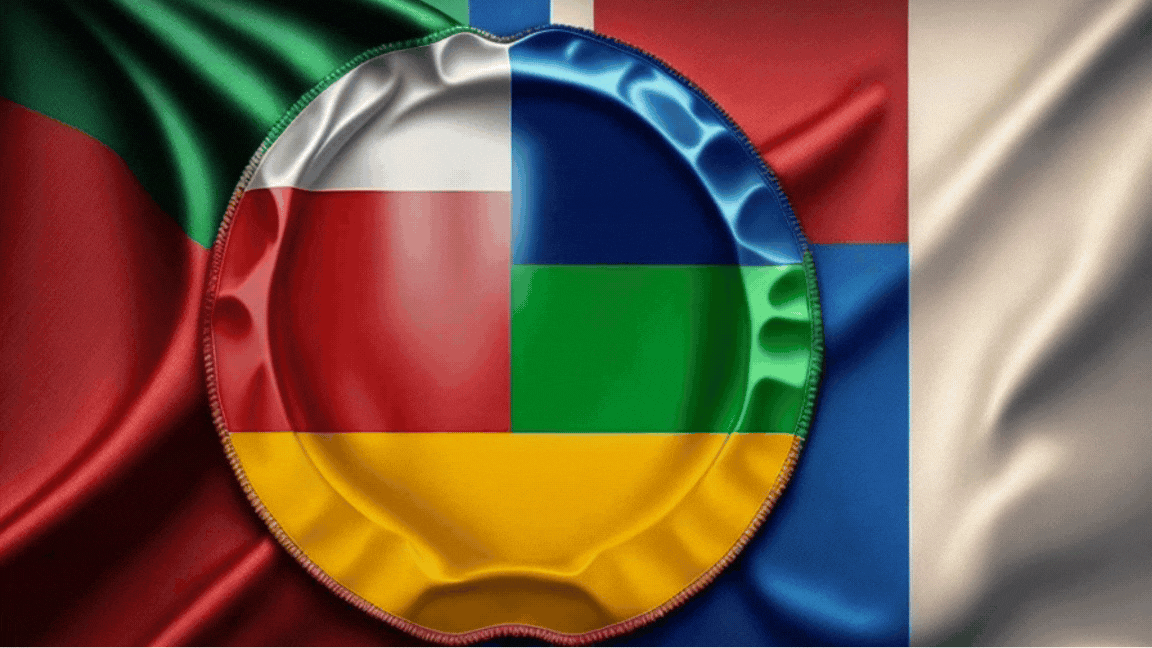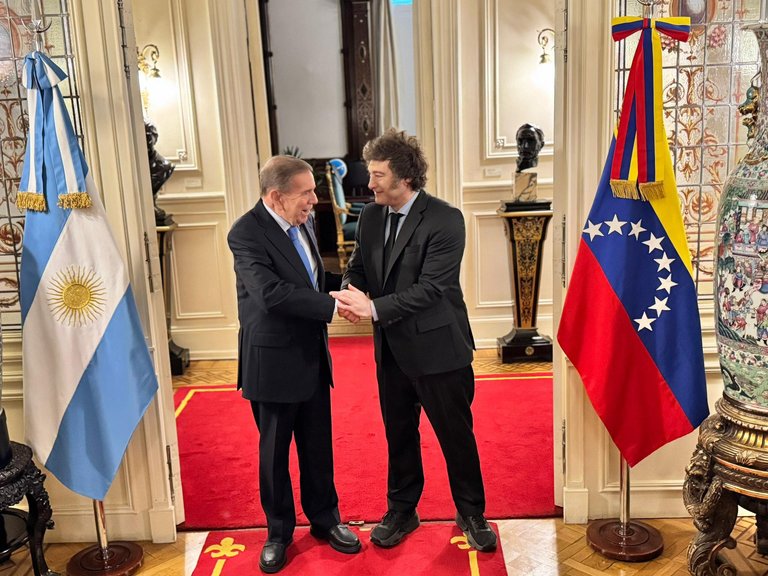
Although we have dealt with the political crisis in Venezuela at length and passed judgment on it, the events taking place force us to return to it to add information that, after January 10, I think will only be worth as a footnote. During 2023 and 2024, Chavismo and the opposition held arduous negotiations to establish an electoral schedule, with the supervision of international actors. From these negotiations came out the so-called Barbados agreement, from which—in my opinion—the opposition did not extract anything concrete, because in short, the ruling party only committed itself to enforcing the law: i.e. to calling elections—and managing the whole process inherent to them—by the Constitution and other electoral laws and regulations. By this I mean, for example, that the opposition never obtained a binding commitment to make María Corina Machado—its main leader, disqualified to exercise or run for office—appear on the ballot last July. All the critical institutions of the Venezuelan political organization chart answer to the Miraflores Palace, it is valid to recognize it, but this leads us to make a more severe judgment on the negotiating performance of the opposition.
Machado won a controversial primary election, disavowed by the Public Prosecutor's Office and the electoral authority. The Supreme Court of Justice confirmed her disqualification, and an eventful race to find a substitute candidate began. Two nonagenarian candidates emerged—a first, Corina Yoris, rejected without clear arguments by the electoral power, and Edmundo González, a stammering veteran diplomat with whom Maduro was satisfied. The elections took place on July 28, and these are the facts: 1) the electoral power declared Maduro the winner, but so far has not provided the usual disaggregated data to sustain that claim—it alleged a hacking of its systems, without providing evidence either; 2) thousands of Venezuelans took to the streets in the face of the information opacity and the feeling that their victory was being stolen from them; 3) the protests were put down in two days by the security forces, with 28 dead and some 2,400 arrested—a good part of the latter have recently been released from prison, I guess without much desire to protest again or even to go out of home; 4) Maduro filed an appeal before the electoral chamber of the highest judicial authority, which decided in his favor without providing hard data either to back its “findings”—the opposition was wrongly absent from the process, losing the possibility of defending its claim of fraud within the political system they promised to respect in Barbados; 5) Gonzalez, cowed by the rhetorical and legal onslaught of Chavismo—with a potential arrest warrant flying overhead—, took asylum in Madrid; 6) Machado is in an undisclosed location, although I am convinced that security forces know about it.
The umpteenth Chavista inauguration since the twilight of the twentieth century
 Source
SourceMaduro seems well ensconced in Miraflores for the times to come. Yet González, apparently recharged with courage by the Iberian sun, promises—without specifying the circumstances—that he will be in Caracas on January 10, when Maduro is scheduled to be sworn in. Machado for her part has vowed to be “with the people” who come out to protest—on January 9—to defend “their victory”, or to “collect”, following her narrative. If both fail to deliver on their promise, I do not see how an alternative opposition leadership can emerge soon that people can believe in again. I find it admirable, to the point of ridiculousness, that there are still people who believe in the current one. It can be argued that the Chavista is a rogue regime, but the truth is that the kind of leader demanded by that alleged context has not appeared on the scene. The former opposition candidate started a tour with stops in Uruguay and Argentina, where he was supported by right-wingers Luis Lacalle and Javier Milei. On Monday he was with Biden, a retired president in practice, and also spoke to the incoming national security advisor; for Wednesday and Thursday, his agenda places him in Panama and the Dominican Republic, respectively. The PSUV government is giving 100,000 dollars for his head, and the National Assembly has demanded his arrest if he dares to set foot on Venezuelan soil. In truth, there seems to be no plan other than betting on the military, or perhaps invoking the wizard Merlin.
Ésta es la señal. Éste es el día!
— María Corina Machado (@MariaCorinaYA) January 5, 2025
El día que unimos nuestra bandera en un solo grito de LIBERTAD!
Venezuela te necesita.
A todos, JUNTOS. A TODOS!
Yo voy contigo.
Este 9 de enero, TODOS a las calles, en Venezuela y el mundo.
GLORIA AL BRAVO PUEBLO! pic.twitter.com/sbCIYWAxuG
Venezuela breaks diplomatic relations with Paraguay https://t.co/UVKtqAniCx pic.twitter.com/WtnEBcHROQ
— Reuters World (@ReutersWorld) January 6, 2025
And this is all for our report today. I have referenced the sources dynamically in the text, and remember you can learn how and where to follow the LATAM trail news by reading my work here. Have a nice day.

